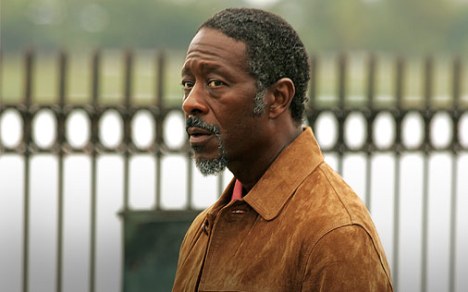So, what is up with this deal between O’Malley and Constellation? Where are the voices of dissent? Where are the voices in our state legislature, in print, on TV and in radio who are raising questions about this so-called settlement?
Martin O’Malley ran on a campaign to address consumers being shortchanged, over-charged and ripped off by Constellation and their home state company BGE as a result of the 1999 deregulation of the industry. A move pushed by Sen. Pres Mike Miller and one of the forgotten forces behind all that lobbying in Annapolis in 1999 – ENRON.
The state government and Constellation say this will allow us to deal with a looming energy crisis in the next few years that will lead to brownouts across the state. We don’t generate enough electricity for our growth. But how does this “settlement” address that issue?
OK, so now we are getting some credit and rebates and the state won’t have to pay the bill of deactivating Calvert Cliffs nuclear power plants. We all get back $175 if we are lucky and they get to profit millions or even billions. We are still saddled with at least a 72% increase in our rates. Governor and state leaders, tell that to our bank accounts every month!
Because of the settlement, there will be no more investigations into stranded costs paid to Constellation to compensate them for losses that never occurred when they took over BGE plants. What about the investigation into the corporate relationship between BGE and Constellation? What about the accusation that Constellation sells Maryland energy sources outside the state, then sells them back to us, to BGE for huge profits? No further investigations into the wholesale power auctions and our exponentially rising utility bills! Investigations in 2005 and 2006 clearly showed something amiss. It clearly appeared we were being gouged and huge profits were being made. We will never know the answer to what happened to us and what Constellation really did.
No subpoena power for the Public Service Commission! How will they get to the bottom of anything as they look at re-regulation of the industry and plan for the energy future of our state? Steve Larsen, Chairman of the PSC, on my show, said he wanted the answers to this and more. Now his hands are tied.
Constellation stock is now on the rise. They can have outside investors without state regulatory approval.
What about the future? Hydropower will have its end. Our dams can’t handle the load and the silt is building up. Solar, wind and nuclear will take years to make a dent in our total energy supply. Does this give Constellation the power and right to continue to mine coal, spew its death into the air, and make West Virginia look like a moonscape after the tops of our most ancient mountains are lopped off?
We need better answers to what de-regulation did and what was going on between Constellation and BGE. We need a better plan for our energy future than we are getting.
State legislators need to raise their voices and raise questions. Our local media needs to investigate and keep this discussion alive. We all need to be involved at whatever level we can to keep the pressure on.
Dealing with the power of Constellation Energy and the rates we pay was a central theme of Martin O’Malley’s run for Governor. This shows all too well the power that corporate giants have in our state political process. I know Governor O’Malley felt pushed against a wall. We have a very precarious energy future in the next few years. This settlement, however, was not the answer. It was not even close.
-marc
Filed under: Marc, Thoughts | 19 Comments »








